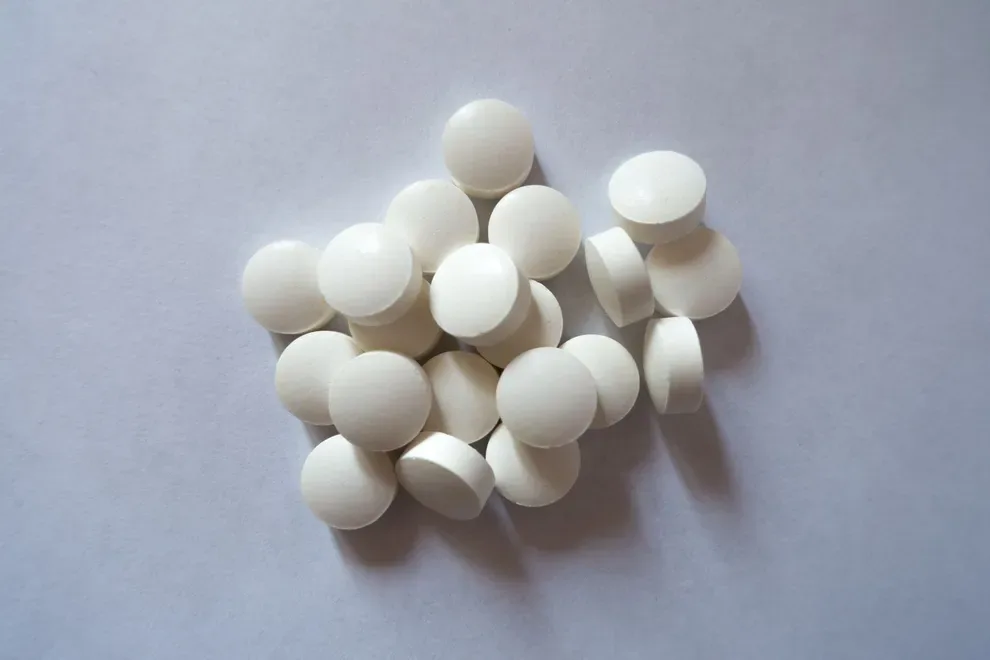Plaque Disclosing Tablets - Uses, Types & Effectiveness

Table of Contents
- Types of Tablets
- How Often Should You Take Tablets
- Effectiveness of Tablets Treating Plaque
- List of Other Plaque Removing Options
- References
Plaque is something that everybody deals with. After all, it forms naturally when bacteria present in your mouth combine with starch-rich foods, sugary foods and sweet drinks.
That doesn’t mean that plaque is okay or good for your teeth. In fact, plaque on your teeth can create an acidic environment in your mouth, which can wreak havoc on your smile and your overall dental health.
Plaque disclosing tablets are designed to help you see if you’ve got a buildup of plaque on your teeth. They can also help you find trouble spots that may need more attention during your brushing and flossing routine.
Use this guide to learn more about plaque disclosing tables, including how to use them, what types you can buy and how effective they really are.
Types of Tablets
Plaque disclosing tablets are relatively easy to find in drug stores and online today. There are a variety of types to choose from.
Vegetable dye-based disclosing tablets, usually made from a dye like Phloxine B, are readily attainable. These work to stain plaque a bright color for a short time, making it very easy to see.
In some cases, erythrosine dye is used to make plaque disclosing tablets and solutions. This dye is made from mostly standard food coloring, which gives it a pleasant taste, making it ideal for kids.
Other types of plaque disclosing agents are made using ingredients like iodine, Bismarck brown, mercurochrome and merbromin. However, these agents are more commonly used in your dentist’s office instead of at home.
How Often Should You Take Tablets?
Plaque disclosing tablets, particularly ones you buy over the counter at your drug store, pose very little risk. While you may not want to consume a lot of colored food dye, plaque disclosing tablets can be used about once per week without a problem.
Your dentist may be able to recommend a specific product that could be more effective for at-home use as well.
How Effective Are Tablet for Treating Plaque?
Plaque disclosing tablets are not specifically designed to help treat or remove plaque from your teeth. When it comes to plaque removal, getting regular cleanings at your dentist’s office is still the best thing you can do.
Paired with a regular brushing and flossing routine however, plaque disclosing tablets can help you better care for your teeth. That’s because plaque disclosing tablets can help you find trouble spots and problem areas that need more attention when you’re brushing your teeth.
A 2019 study published in the Turkish Journal of Orthodontics stated that plaque disclosing tablets may be particularly effective at helping people wearing orthodontic equipment like braces spot trouble spots and areas of plaque buildup. That indicates that plaque disclosing tablets can be very helpful for teenagers, many of whom don’t have the best dental hygiene habits in general.
After chewing a plaque disclosing tablet and rinsing your mouth, pink-stained areas will occur on your teeth, and these are the areas that contain plaque in your mouth.
List of Other Plaque Removing Options
Plaque disclosing tablets can help you spot hygiene problems before they damage your dental health. There are other plaque removing options you can use to clean your teeth, however.
Here are a few popular options for removing plaque:
Regular and waxed varieties can help remove plaque and keep your teeth clean. Ask your dentist if they have a type they recommend for your teeth, as dental spacing can impact which floss is best for you.
These devices, often referred to as water picks, utilize a stream of water to clean the spaces between your teeth.
These flossers are ultra-easy to use, making them a popular pick among consumers. Make sure you always use a clean section of floss as you move between different teeth, however.
The tablets may not be able to remove plaque, but they can make you more aware of problematic plaque. They may also help you adopt better hygiene habits by disclosing areas you often miss when you’re brushing and flossing.
As far as plaque removal goes, your cleaning appointment with your dentist, along with brushing and flossing, is all you need to care for your teeth. However, plaque disclosing tablets may be a worthwhile addition to your dental care arsenal.
